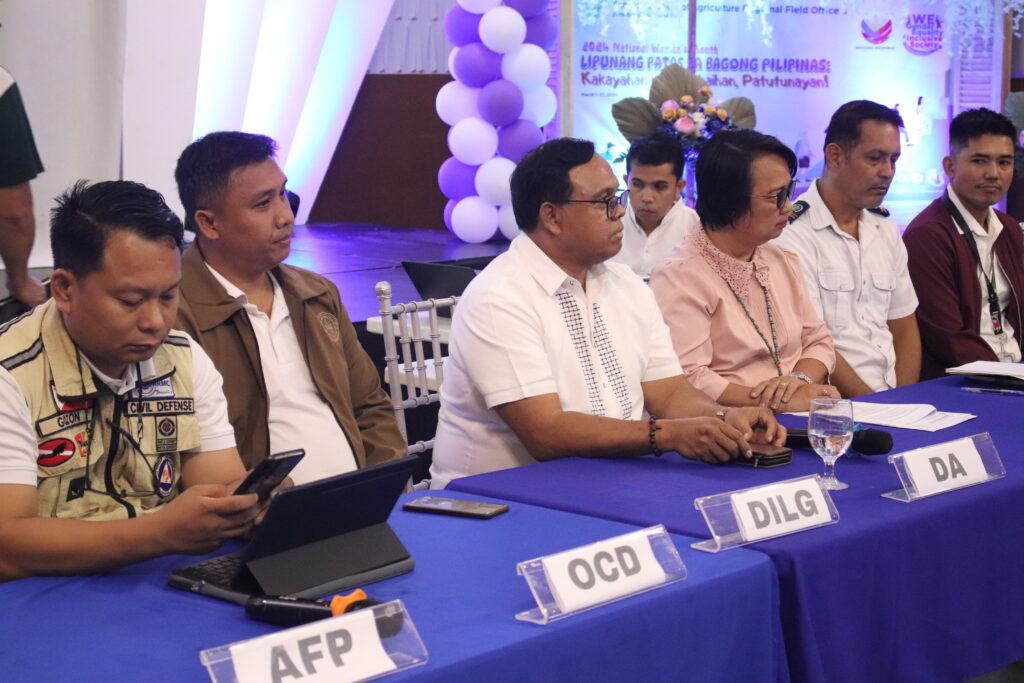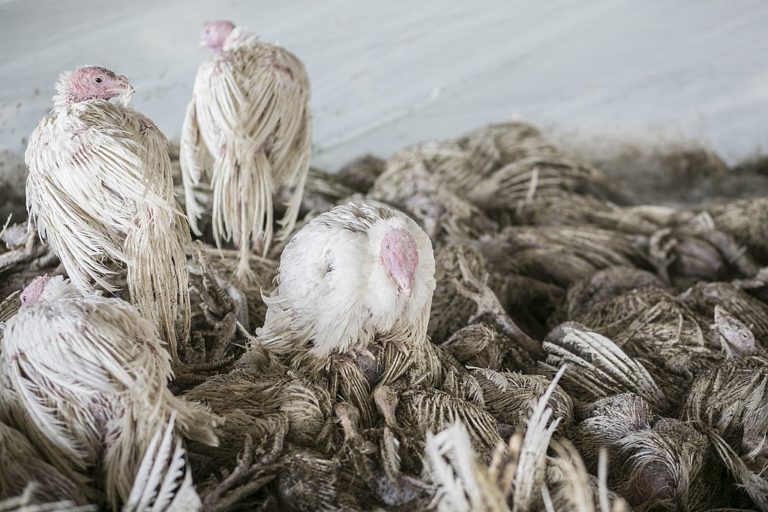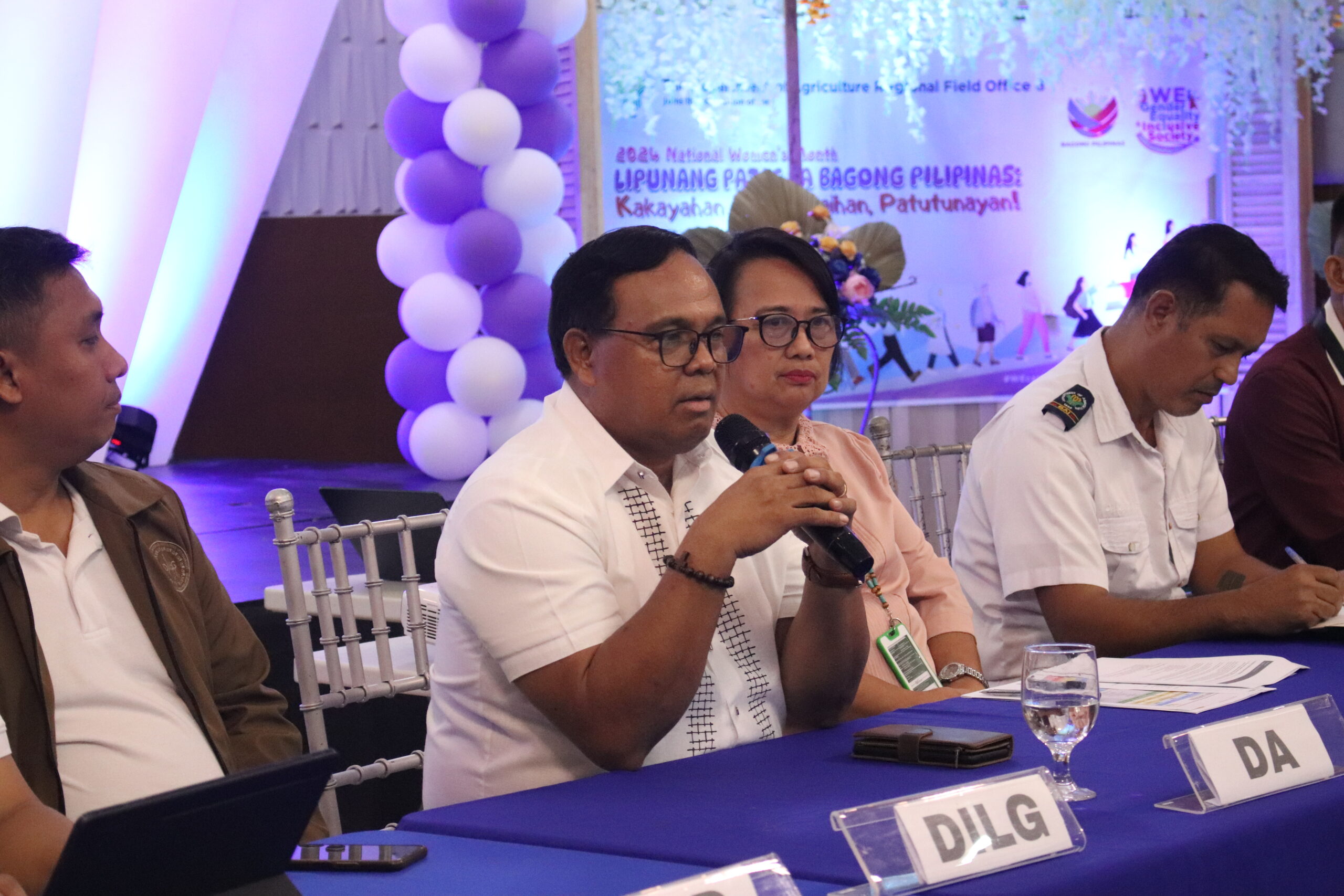TACLOBAN CITY- The Department of Agriculture (DA) confirmed that around 60,000 chickens died and were buried inside the lot of Leyte Poultry Development Corporation (LPDC) in Barangay Naghalin, Kananga, Leyte due to avian influenza (AI).
Andrew Rodolfo T. Orais, the Regional Executive Director of DA Regional Office No. 8 said that they have a regulatory group who are constantly conducting surveillance and monitoring not only for avian influenza but also other diseases.
During this surveillance and monitoring, Orais said that the municipal agriculturist of Kananga, Leyte reported to their office or the provincial veterinarian last March 12, 2024 that there is mortality in a breeding farm somewhere in Kananga. As a result, the regulatory group conducted surveillance and monitored the said farm wherein it was confirmed that chickens are dying within the farm.
The poultry farm that was reported, according to Orais, was owned by Benjamin Pongos, Leyte 4th District Representative Richard Gomez, and his daughter Juliana Marie Beatriz Torres Gomez.

According to the data of the Securities and Exchange Commission (SEC), the directors or officers of LPDC are Benjamin Sainz Pongos Jr. as President, Juliana Marie Beatriz Torres Gomez as Secretary/ Treasurer, and Denise Lo Lim as Vice-President.
In a letter received by their Provincial Agriculturist from the Municipal Agriculture Office of Kananga, they reported that there is an abnormal daily mortality rate of Chicken on the farm wherein they performed rapid tests and rendered positive. However, in the said report, they did not disclose whether it is positive for avian influenza or other diseases.
Because it was not disclosed by the municipal agriculturist whether the positive result of the test that they conducted was positive for avian influenza or other diseases, the DA conducted another sampling wherein they took 30 random samples and sent them to Manila.
On March 13, as part of their monitoring, the DA personnel went back to the farm to get blood samples including all birds. On that visit, they discovered that the chickens in one of the five (5) breeding houses inside the farm were already buried as part of their preemptive culling because they were already suspecting that the chickens had been hit by avian influenza.
Before the release of the results of their samples, the remaining chickens were already buried inside the lot of the said poultry farm.

“Considering that San Miguel Corporation is not an ordinary poultry grower, they know the impact if they just abandon this, so they make sure that the disease will not spread, so our personnel went to the farm and witnessed how the chickens were being disposed of,” Oras said when asked if how sure they are that there are no chickens from the farm which were transferred or traveled to other places.
“The case of Avian Infulenza in Kananga was within the farm or a commercial farm, unlike in the case of African Swine Fever in Abuyog, Leyte wherein it started in the backyard wherein it is very hard to control because instead of culling, it is slaughtered and spread out,” Orais added.
In connection to the samples that they have sent to Manila, Orais confirmed that out of the 30 samples, only 2 samples were positive for Avian Influenza. Even if there are only 2 chickens that test positive for AI, there is still a need to cull and bury the remaining chickens to avoid the spreading of this disease.
On what was the cause of why the chickens were infected with this virus, Orais said that they are looking for two (2) possibilities, one is through migratory birds; and the second is through animals or stocks which were brought inside the farm. As of now, they cannot determine which of these two possibilities is the cause. This is the reason why they will continue conducting monitoring and surveillance in the next two to three months.
“We are trying to find out what is the cause or source on why the chicken in the said farm was infected by the AI,” Orais said.
“This is not something that we have to keep but this is something that we need to share,” Orais added.
Because of this surveillance and monitoring, the operation of the LPDC is stopped. The infected chickens were already buried and they have started doing disinfection. Also, all the personnel are isolated inside the farm and they cannot go out from the farm. They are only being supplied with food.
The case of Avian Influenza in LPDC Kananga, Leyte is being handled by the Avian Influenza Task Force (AITF) which is chaired by the Regional Executive Director of the Department of Agriculture (DA) and co-chaired by the Department of Health (DOH) and Office of the Civil Defense (OCD), while the members are Department of Environment and Natural Resources (DENR), Department of the Interior and Local Government (DILG), Animal Quarantine Officer, National Meat Inspection Service (NMIS), Philippine Information Agency (PIA), and other government agencies.
As part of the protocol in their AITF, the DOH is already checking the personnel of the poultry farm if there is already a chicken-to-human transmission.
Based on the reports that they received from other regions that were also hit by avian influenza, there is no reported case of chicken-to-human transmission. However, in region eight particularly in the case of LPDC, DA is not confident if there is no chicken-to-human transmission. This is the reason why the DOH continues to monitor the health of the personnel of the said farm in Leyte which was hit by the disease.
“Aside from the chicken, the egg can also be contaminated by the disease,” Orais said.
As to the question of whether the LPDC has the required permits under the law, Oras said that it is the responsibility of the IATF particularly DENR to check whether the LPDC has the required permits and if they have committed any violations under the law.
In the press conference conducted by AITF last March 25, 2024, during their 1st meeting, the DENR, Bureau of Animal Industry, and other government agencies could not answer directly whether the LPDC has the necessary permits such as the Environmental Compliance Certificate (ECC). Instead of answering yes or no, the responsible agencies just said that they would verify in their records if LPDC has the required permits for them to operate.

Regardless of who the owners of LPDC are, Orais assures the public that they will strictly enforce the law in case they find out that the said farm committed any violations under the law.
On the other hand, Orais said that before the LPDC can return to their operation the responsible agencies must ensure that the facility has the required permits under the law.
In the 1st avian influenza task force meeting, the representative of the Environmental Management Bureau (EMB), the agency tasked under the law in the issuance of ECC, is absent due to undisclosed reasons. As of now, the IATF has not yet released a schedule for their next meeting.
Avian influenza is a highly contagious viral disease that affects both domestic and wild birds. AI viruses have also been isolated, although less frequently, from mammalian species, including humans. This complex disease is caused by viruses divided into multiple subtypes (i.e. H5N1, H5N3, H5N8, etc.)

The AI case in Kananga, Leyte is the very first case of AI in region eight.

